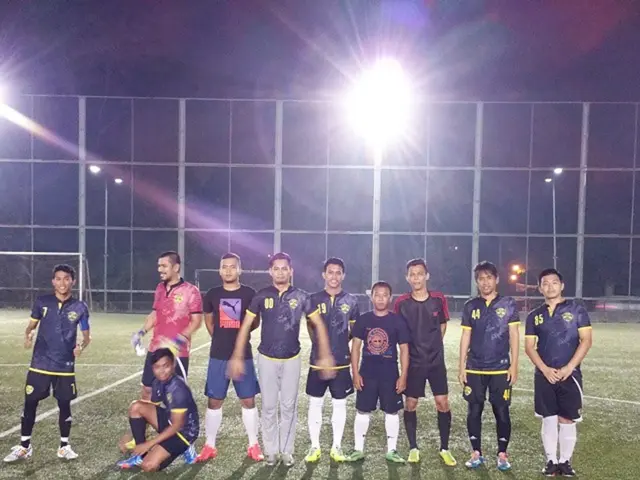Navigating Relationships with ADHD: Strategies for Success
Challenges in Adult ADHD Management and Its Impacts on Romantic Relationships
ADHD can create challenges in close relationships, but with understanding, communication, and the right techniques, these hurdles can be overcome. This guide offers practical advice for good relations between partners, regardless of whether ADHD is present.
When ADHD Is a Part of the Blend
If ADHD symptoms are present, specific strategies are essential to manage and improve interactions. Take these steps for a smoother connection:
1. Open Dialogue:
- Speak Honestly about Symptoms: Foster a supportive conversation about ADHD symptoms, discussing their influence on daily life and the associated feelings of frustration.
- Share Thoughts and Feelings: Regular communication keeps partners connected and helps them understand each other's needs.
2. Structured Life:
- Joint Scheduling: Collaborate to create consistent routines for mornings, afternoons, and evenings. These routines help individuals with ADHD focus better and reduce stress.
- Sharing Calendars: Use joint calendars and reminders to ensure both partners are informed about tasks and appointments.
3. Encouraging Environment:
- Focused Conversations: Engage in distraction-free dialogues to promote attention and understanding.
- Patience and Empathy: Partners should exhibit patience and compassion, understating ADHD as a neurological condition, not a personal deficiency.
4. Therapeutic Journey:
- Couples Counseling: Engage in couples therapy led by a professional versed in ADHD to develop effective communication strategies and conflict resolution methods.
5. Emotional Well-being:
- Stress Management: Implement stress-reducing techniques such as mindfulness, relaxation, or emotional control to tackle intense situations.
- Supportive Partner: Encourage emotional support from both partners to strengthen the bond.
6. Symptom Control:
- Treatment Exploration: Consider medication, cognitive-behavioral therapy (CBT), or cognitive-behavioral coaching to manage ADHD symptoms.
7. Fun and Learning:
- Sharing Laughter: Maintaining a sense of humor helps lighten the mood and manage stress.
- Eagerness for New Skills: Both partners should approach learning and adapting to new situations with an open mind.
With these techniques, couples with ADHD can build a stronger and happier union.
A Brief Look at ADHD
Attention Deficit Hyperactivity Disorder (ADHD) affects an individual's ability to focus, maintain organization, and control impulses. ADHD can appear as distractibility, disorganization, and impulsivity.
Properly addressing ADHD can significantly improve relationships by decreasing symptoms' impact on interactions. Seek professional help to learn more about diagnosis and treatment options. Some helpful resources include BetterHelp and ADHD support groups worldwide.
Emotional intelligence plays a crucial role in navigating relationships, especially those involving ADHD. For instance, empathizing with the multifaceted challenges faced by individuals with ADHD can foster stronger connections.
Incorporating science-backed strategies like structured life and open dialogue into daily routines can help manage ADHD symptoms and their impact on mental health, promoting overall health-and-wellness.
Strengthening relationships with ADHD also necessitates focusing on lifestyle adjustments that prioritize effective communication, stress management, and fostering a supportive environment, all of which contribute to mental health and well-being.








